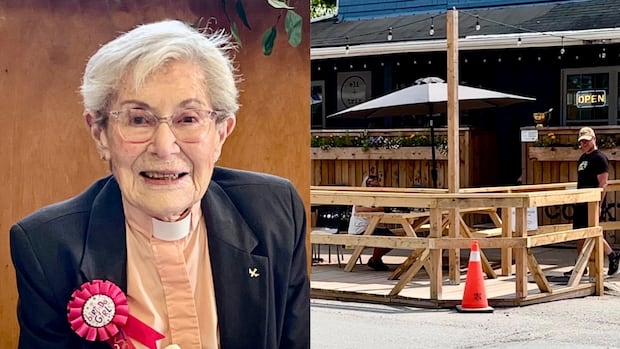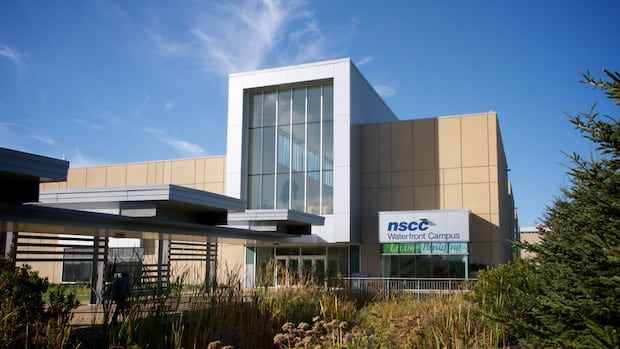Halifax police want money for 24 new positions in upcoming budget

Halifax Regional Police are asking for money to fund 24 new positions in next year’s operating budget, saying there is a major need for personnel to do patrols.
Eighteen of the new positions would be constables, interim police Chief Don MacLean said at the city’s board of police commissioners’ meeting on Wednesday.
He said 12 of them would get the same level of mental-health training as the specialized officers who are part of the Mental Health Mobile Crisis Team, which is made up of police and health professionals.
Those dozen officers would be dedicated to hospitals around Halifax to wait with people who are considered a danger to themselves and others. Nova Scotia’s Involuntary Psychiatric Treatment Act requires officers to keep the person in their custody until the medical examination is complete.
Mental-health calls take up a great deal of police time, MacLean said, estimating officers spend about 4,500 hours annually in hospital — out of the entire 8,700 hours in a year.
“That will help … put my officers back on the street, dealing with actual issues,” MacLean said.
When they are not needed in hospital, MacLean said the officers could be placed on patrol.
The remaining six constables would be spread around the region and work in community response, MacLean said.
The board has repeatedly heard about the police force’s struggles to recruit and retain officers, while large numbers are on long-term absences from work. Since January, MacLean said the force has averaged four to five call-outs per day for members to fill shifts.
Request for hate-crime officer, employee assistance
Halifax is working to figure out what a civilian-led mental health response could look like, potentially diverting thousands of calls away from police each year. MacLean said while he welcomes that move, there will always be a certain percentage of calls that require police to wait with people in hospital.
He also asked for one new position in the hate-crime unit, one employee assistance program position, two to run the police science course for cadets, and two civilian investigators for the security-clearance unit that handles new hires.
“Hiring people is maybe one of the riskiest things we do, and we need to get it right,” MacLean said.
He also asked whether the board wanted to revive the body-worn camera project. He said the money for a co-ordinator to lead the project was approved a few years ago, but a suitable candidate was never hired and the money was returned to the city’s coffers.
The police force could rely on the RCMP’s camera policy, MacLean said, as the Mounties put years of research into their own pilot project, which is underway in Nova Scotia and other provinces.
Multiple commissioners, including Harry Critchley, said they would need to see the hard numbers behind each request before deciding whether or not they fit with the community’s values.
Critchley said he’d like to know whether the 12 constables approved in the 2022-23 budget made a difference, and how recommendations from the report this spring on under-staffing play into the plan.
“That’s as far as I can tell the most significant ask that’s been requested in the last four or five years,” he said.

The board passed a motion for police force to fully cost each item, including the body-worn camera co-ordinator, with supporting evidence. Those details are expected to come back next month.
Board chair Becky Kent noted that this is only the beginning of police budget discussions. Commissioners decided to start earlier this year to ensure more time for debate and public feedback.
The public will have a chance to weigh in on the requests at the next board meeting on Oct. 25, which will be virtual.
The 2023-24 police operating budget was approved at $94.6 million. The board has heard about 95 per cent of that amount is for compensation such as salary and benefits.



